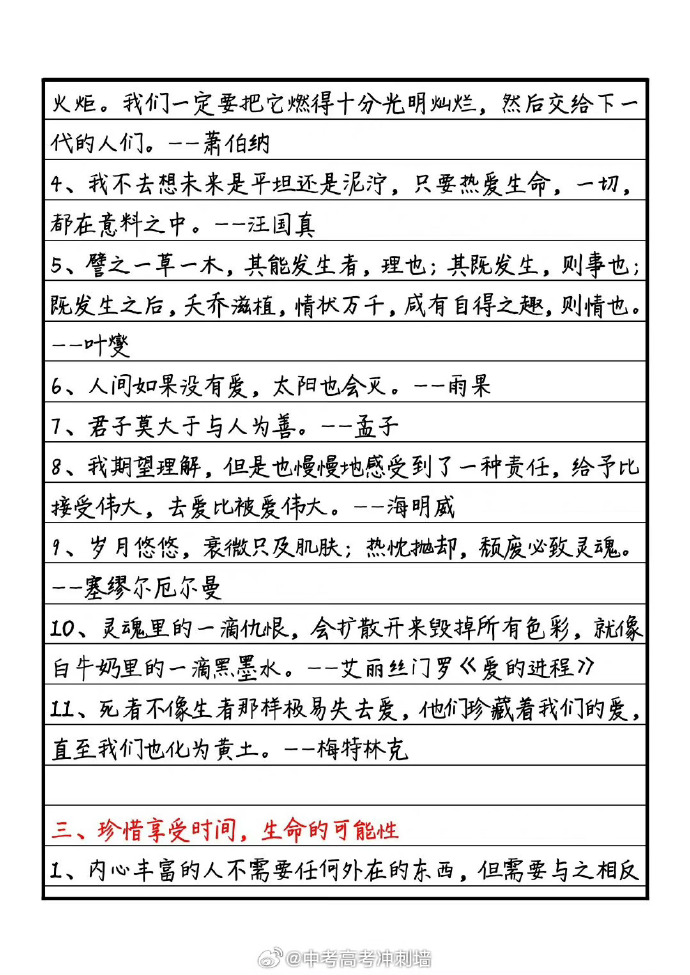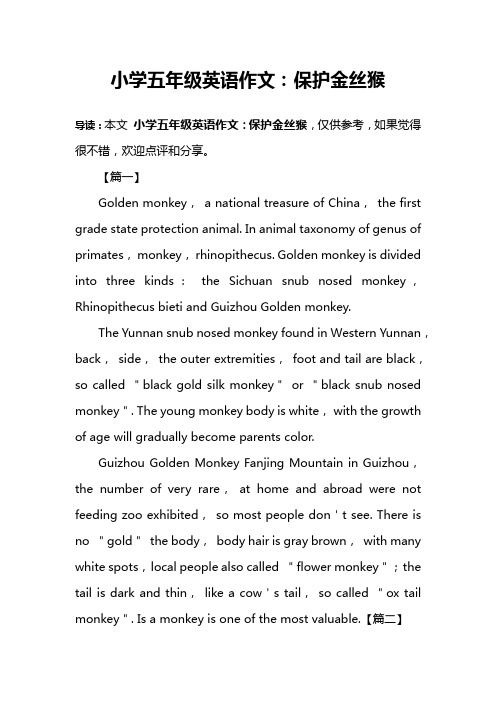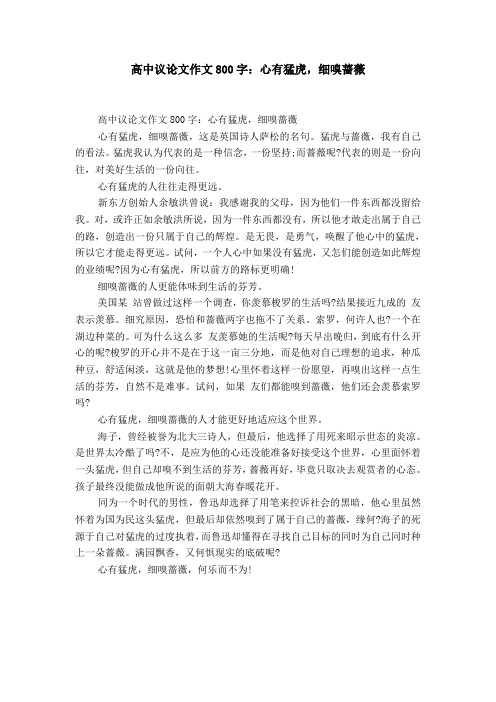In recent years, studying abroad has become an increasingly popular option for many students. It offers a unique opportunity to experience different cultures, educational systems, and lifestyles. However, there are both advantages and disadvantages associated with this choice. This essay will discuss the pros and cons of studying abroad and provide some insights for those considering this path.

I. The outline of the essay
A.The introduction presents the popularity of studying abroad and states the purpose of the essay, which is to explore the advantages and disadvantages.
A.The advantages section will cover three main points: cultural enrichment, educational benefits, and personal growth.
C.The disadvantages section will also have three main points: financial burden, homesickness, and potential difficulties in adapting.
D.The conclusion will summarize the key points and offer some advice for prospective students.
I
I. Advantages of studying abroad
A.Cultural enrichment
Studying abroad allows students to immerse themselves in a new culture. They can learn about the local customs, traditions, and history, which can broaden their horizons and make them more open-minded. For example, a student who studies in France can experience the French way of life, from enjoying fine wine and delicious cuisine to appreciating the country's rich art heritage. They can also interact with people from different backgrounds, which can help them develop cross-cultural communication skills. These experiences can be invaluable in today's globalized world.
A.Educational benefits
Another significant advantage is access to high-quality education. Some countries are known for their excellence in specific fields. For instance, the United States has many top universities that offer advanced degrees in various disciplines. British universities are renowned for their traditional and rigorous education, especially in subjects like law and literature. Studying abroad can provide students with the opportunity to learn from world-class professors and researchers, use advanced facilities, and engage in academic research that may not be available in their home country. This can enhance their knowledge and skills, making them more competitive in the job market after graduation.
C.Personal growth
Living and studying in a foreign country requires students to be independent and self-reliant. They need to learn how to manage their daily lives, from handling finances to dealing with administrative issues. This can boost their confidence and self-esteem. Additionally, facing challenges and overcoming obstacles in a new environment can help students develop resilience and problem-solving abilities. For example, a student who encounters language barriers while studying in Germany may need to work harder on language learning, which can ultimately lead to greater language proficiency and a sense of accomplishment.
II
I. Disadvantages of studying abroad
A.Financial burden
One of the biggest drawbacks of studying abroad is the cost. Tuition fees for international students are often higher than those for local students. In addition, there are other expenses such as accommodation, transportation, food, and health insurance. For example, studying in countries like the United States or the United Kingdom can be extremely expensive. Even though there may be scholarships and grants available, they may not cover all the costs. This financial pressure can be a heavy burden for many students and their families, especially those from less wealthy backgrounds. Some students may even have to take on part-time jobs while studying, which can affect their academic performance.
A.Homesickness
Leaving behind family, friends, and familiar environments can be emotionally challenging. Students may feel lonely and miss the comfort of home. They may struggle to adapt to the new social circle and may find it difficult to make new friends. For example, a student who comes from a close-knit family in a small town may have a hard time adjusting to the fast-paced life in a big city abroad. The feeling of homesickness can persist throughout the study period and may even lead to depression if not properly addressed.
C.Difficulties in adapting
Adapting to a new educational system and teaching style can be tough. The curriculum, methods of assessment, and expectations of teachers may be different from what students are used to. Some students may find it difficult to keep up with the pace of the coursework or understand the requirements. Moreover, language differences can also pose a challenge. If the language of instruction is not the student's native language, they may have trouble understanding lectures, participating in discussions, and completing assignments. For example, a student who goes to study in Japan but has limited Japanese language skills may face significant difficulties in communicating with professors and classmates, which can negatively impact their learning experience.

In conclusion, studying abroad has both its advantages and disadvantages. On one hand, it offers cultural enrichment, educational benefits, and opportunities for personal growth. On the other hand, it comes with a financial burden, homesickness, and adaptation difficulties. Before deciding to study abroad, students should carefully weigh these factors and consider whether they are ready to face the challenges and make the most of this opportunity. Proper planning, preparation, and a positive attitude can help mitigate some of the disadvantages and make the experience a rewarding one.
未经允许不得转载:» 出国留学利弊英语作文(利与弊)

 佰一阅读网
佰一阅读网

















